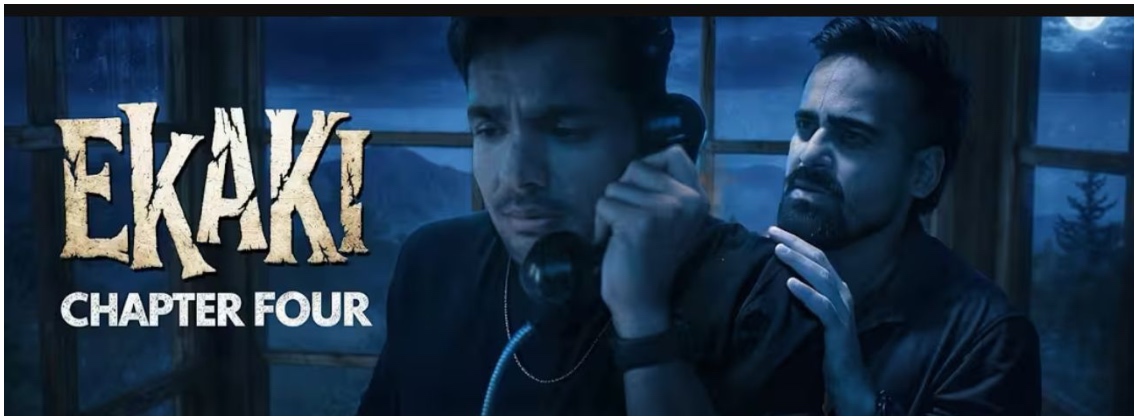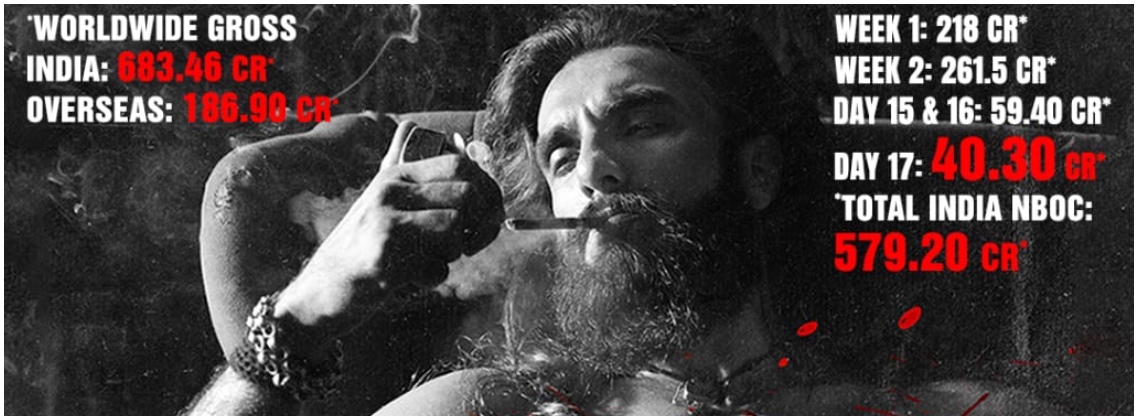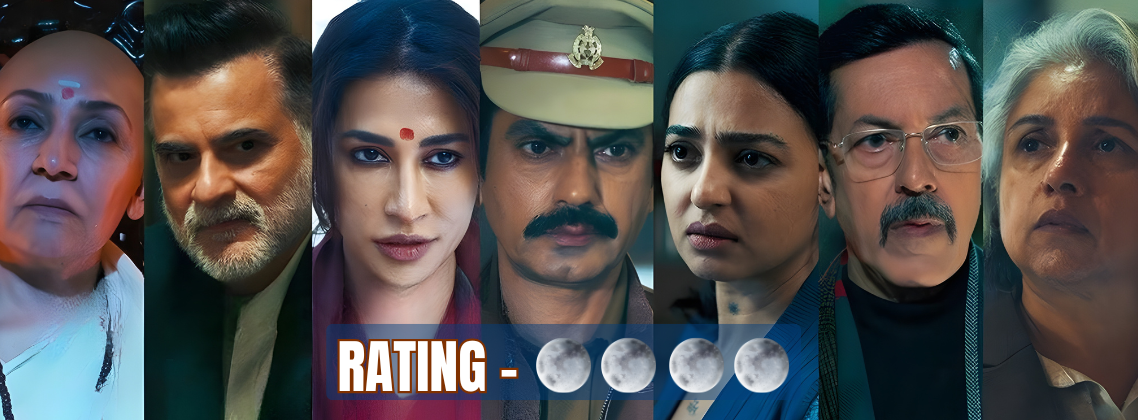Recently, at the FICCI Frames meet in Mumbai, filmmaker Karan Johar asked the Information and Broadcasting minister, Smriti Irani a question that has been on many minds, particularly during the Padmavati hullabaloo. Why, asked Karan, is the film industry made a soft target for attacks?
Smriti had put the ball firmly into the filmmakers’ court, saying, “Now that you recognize me as an insider, put your hand to your heart and tell me, how many of us manufacture that outrage because we don’t have a film which is that good? We are all in the business of it — it’s the best-kept secret which is just out there. Nobody wants to talk about it.”
Johar replied, “Okay, we won’t get into that!” to which Irani quipped, “Of course you won’t!”
RECOMMENDED READ: KARAN, SMRITI AND PRASOON TALK CINEMA AT FICCI FRAMES 2018
Not surprisingly, many have not taken her comments well though they will not come out and address it publicly. Not so with filmmaker and industry spokesperson Ashoke Pandit, who is opening up about his dissatisfaction with Irani’s view.
“It is tragic that such an incriminating remark should come from someone who has been part of the Indian entertainment industry for years,” he says. “When she says that filmmakers manufacture controversies, which filmmakers and films is she talking about?

Abhishek Choubey’s Udta Punjab, Karan Johar’s Ae Dil Hai Mushkil and Sanjay Leela Bhansali’s Padmaavat? Does she think these films needed to manufacture outrage to get noticed? She should know that it’s not controversy but content that works. Smriti’s serial, Kyunki Saas Bhi Kabhi Bahu Thi ran for seven years, not because of the controversies, but the content.”
Ashoke Pandit further pointed out, “The industry sells entertainment and not their souls. You can’t point fingers when you never offer a shoulder to support.”
At the FICCI Frames event, Irani also said that the Indian film industry should stop comparing itself with others and set a benchmark, which others can follow. “We are always catching up. So, will we be happy playing catch up for the rest of our lives or do we as an industry decide that we define ourselves on our own terms?”











